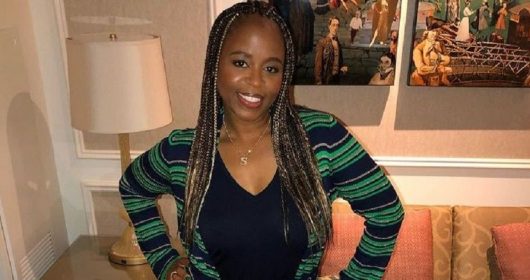People Who Overcame Difficult Odds
Ever felt like giving up on everything that you have worked for so hard all these years just because the obstacles stacked against you are too much to cope with? Then in this moment of ultimate despair remember the story we used to read as kids; the story of a king who was defeated in war and lost everything. He took refuge in a cave, disheartened he was cursing his ill-fate. But in that same cavern he saw something that changed his outlook towards life. He saw a spider that was trying to build a web but would fall back everytime he climbed the wall. Nonetheless he never stopped trying and his perseverance paid off after several attempts. Inspired, the king set about gathering an army and waged a war against his rivals. Despite losing he was not dismayed and tried and tried until he finally succeeded in his quest. Life is like the quest of the king, it throws numerous challenges at us, tests us at every turn and the only wisdom is facing the obstacles with optimism. Still not inspired? Then take a look at the stories of these eminent personalities who battled all odds to become famous. It was through their perseverance, diligence and hard work that they were able to accomplish such humungous tasks. We are sure these will force you to fight your battles with a renewed sense of optimism.
1. Joan of Arc
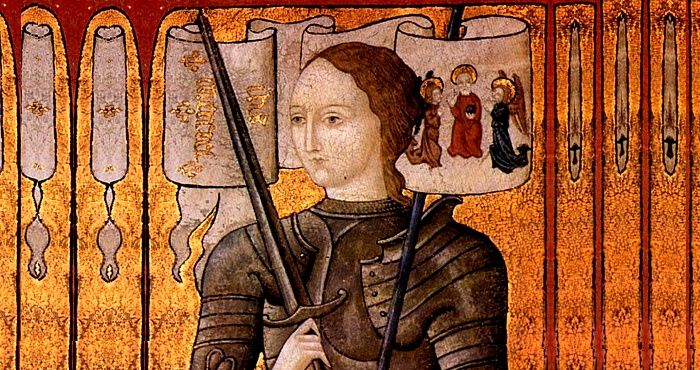
https://commons.wikimedia.org/wiki/File:Joan_of_Arc_miniature_graded.jpg
‘The Maid of Orleans’, or Joan of Arc was a French saint who is remembered as a martyr of the ‘Hundred Years’ War’. But it wasn’t until twenty-five years after her death that her role in the historical war was recognized. It was in 1425 at the age of 13 that Joan had her first vision and it inspired to assist her nation in its quest to defeat the English. However the prevalent prejudice against women and that too one belonging to a peasant family posed several difficulties in her path. Undeterred she pursued her efforts to meet the French Royal and finally succeeded. She revealed the vision she had about the Battle of Rourvay even before official messengers arrived with the news. This bolstered her reputation as a seer and she guided the French soldiers to victory in the war. But unfortunately she did not survive to see France defeating the rivals. She was captured and executed by the Burgundians in 1430. More than two decades later, her lost fame was restored and the famous dictator Napoleon Bonaparte named her as a national symbol of the French.
2. Nelson Mandela
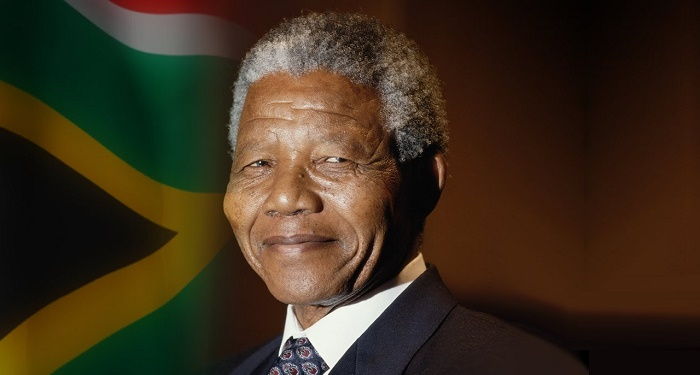
https://www.youtube.com/watch?v=M9pnImBZ_zQ
Nobel Peace Prize winner Nelson Mandela was a champion for rights of black people. In a country that was gripped by apartheid it was not easy for one to rise through the ranks of politics but Mandela made it all the way to the top and was even named as South Africa’s first black President. However his journey was not an easy one and he even had to face imprisonment. But this determined leader successfully abolished the discriminatory system and established a multiracial government along with democracy in the nation.
3. Helen Keller
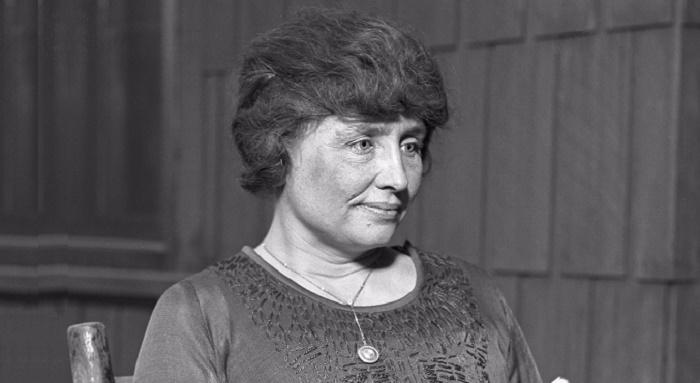
https://commons.wikimedia.org/wiki/File:Helen_Keller_circa_1920_-_restored.jpg
Barely of nineteen months, Helen Keller was impaired of vision and auditory senses, owing to a life-threatening disease. She faced difficulties in communicating with people and the young girl showed her resentment by behaving badly. However things changed for better once she met her teacher Anne Sullivan. Instead of being frustrated at her situation she was encouraged to make the most out of life. Helen went on to become the first deaf-blind person to obtain a bachelor’s degree and an author par excellence. She also became a crusader for people suffering from disabilities and helped dispel the stigma attached to them, through her writings.
4. Winston Churchill
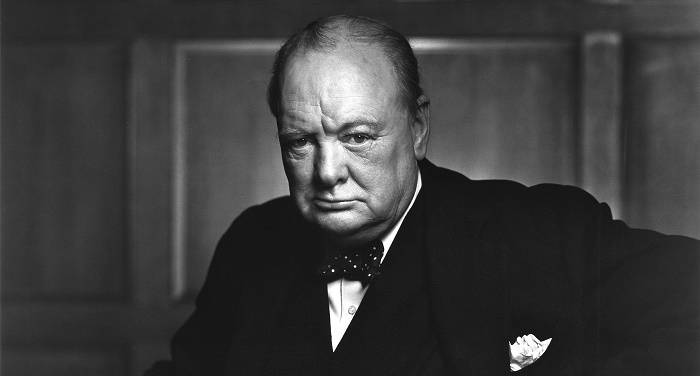
https://commons.wikimedia.org/wiki/File:Sir_Winston_Churchill_-_19086236948.jpg
Winston Churchill the Nobel Prize winner for literature was also the Prime Minister for England during the Second World War. With Nazi Germany knocking at the door, many of his counterparts were vouching for peace and suggested allying with the forces led by Adolf Hitler. But this statesman at the helm of his nation had different plans and he moved the masses to defend their independence. The English fought tooth and nail and their efforts bore fruition in 1945 when the Axis Powers were defeated in the war.
5. Mahatma Gandhi
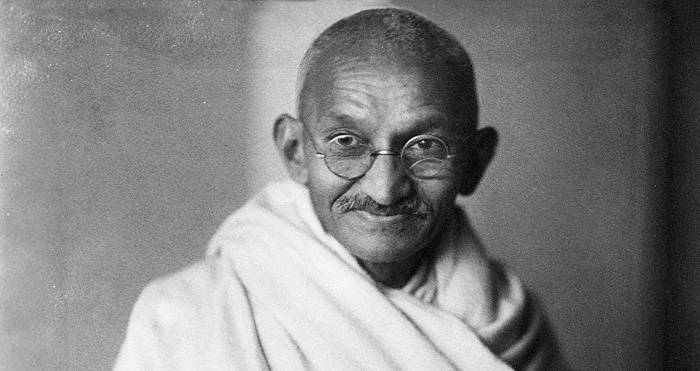
https://commons.wikimedia.org/wiki/File:Mahatma-Gandhi,_studio,_1931.jpg
Mohnadas Karamchand Gandhi or Mahatma Gandhi, as the world knows him, was the chief architect of India’s freedom struggle against the East India Company. What sets him apart from other freedom fighters is the method he chose for liberating his country from the clutches of British Empire. Non-violence and Non-cooperation were the tools he used for ousting the English from India. He was able to unite the citizens of the country who were earlier divided on the lines of caste, creed, region and religion to defeat the mighty British regime.
6. Rosa Parks
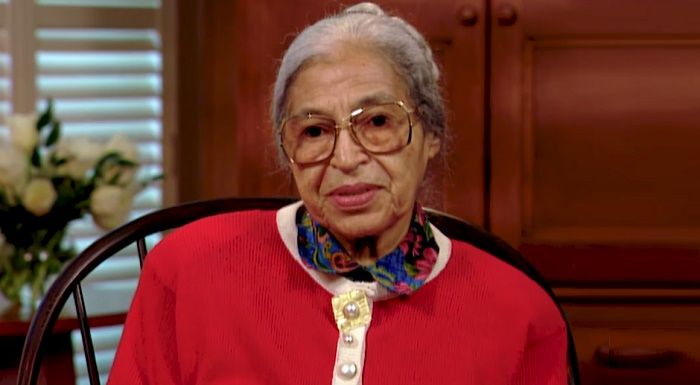
https://www.youtube.com/watch?v=bqiQqM9nQ0U
‘Never underestimate the power of one’ and Rosa Parks is the glaring example of the maxim. Little did she imagine that one simple act of refusing to be oppressed will change the course of history. Back in the 1950s it was mandatory for black passengers in buses to give their seats to white passengers. But this brave heart decided to stand up against this inhumane law and thus began a nationwide civil disobedience movement in United States. Her trail for improper conduct grabbed the attention of people fighting against racial discrimination and Rosa became an icon of the movement which successfully abolished apartheid.
7. Catherine the Great
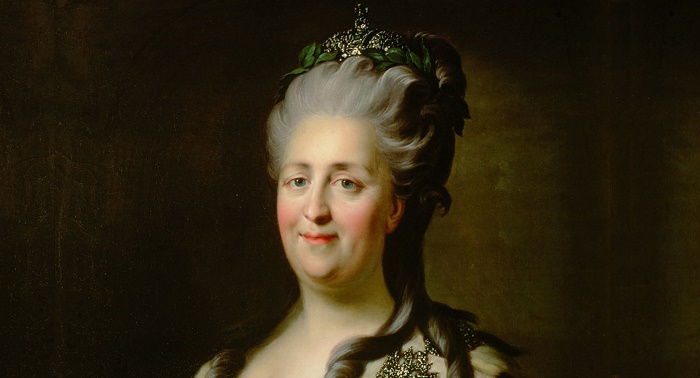
https://commons.wikimedia.org/wiki/File:Catherine_II_by_J.B.Lampi_(1780s,_Kunsthistorisches_Museum).jpg
One of the longest serving and most significant rulers of Russia, Catherine the Great was known for reviving the Russian empire. With Prussian roots, it wasn’t easy on Catherine’s part to assuage the Russian nobility, even though she was married to the Czar Peter III. Her perseverance though paid off and she was crowned as the ruler after her husband was dethroned. She was deemed by many as one who was more befitting to parlay the role of a monarch. Though her role in Peter’s deposition is not certain, what is undeniable is the fact that she selflessly worked for the betterment of her subjects and transformed the dwindling civilization into a force to be reckoned with.
8. Marie Curie
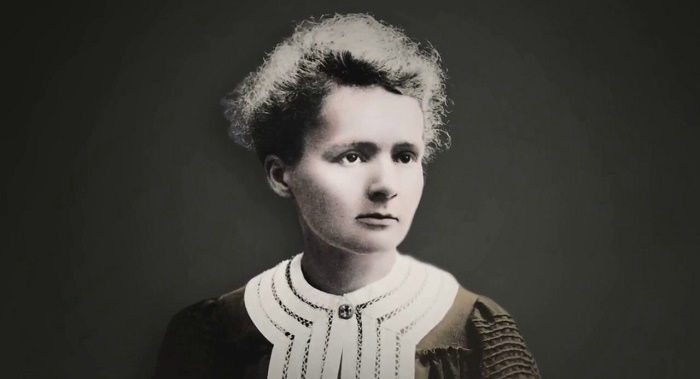
https://www.youtube.com/watch?v=PeVaEPFFNYc
While most women of her age were contend in their role of housewives, this Polish woman was more interested in deciphering the secrets of nature. Not only did she become the first woman to be appointed as a professor in a university, she also won the Nobel Prize twice. Her path-breaking studies resulted in the discovery of x-ray and its use in the field of medicine. Sadly enough, the long hours she spent working with radioactive elements became the reason she lost her life to cancer.
9. Olaudah Equiano
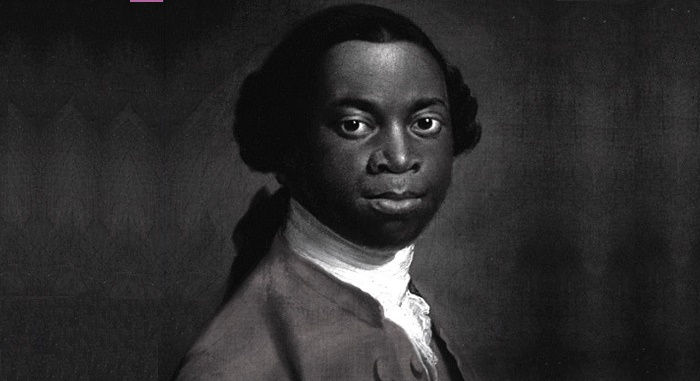
https://www.youtube.com/watch?v=ZA0X_dAkms8
Olaudah had to face the perils of slavery and suffered much abuse at the hands of slave traders early in his life. Kidnapped and forced to come to America at the age 11, he penned his grueling journey through the years he was employed as a slave in the country. Imbibed in the book ‘The Interesting Narrative of the Life of Olaudah Equiano’, his story created a stir in the political circle of Britain, his adopted country. The story portrayed the side of coin which was hidden from public view earlier and resulted in establishment of laws against slavery in 1807.
10. Beethoven
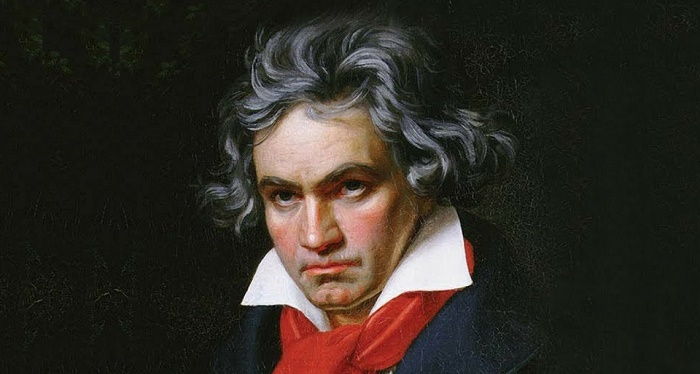
https://www.youtube.com/watch?v=hPav0nYm_EM
A prodigy of classical music Beethoven is a name that has become synonymous to the musical genre. He was introduced to music by his father who was also his fist mentor. But life was not all rosy for him as a kid; he would be taken to task by his father everytime he failed to practice. During one such instance, his father even beat up his mother when she protested. It is said that the legendary musician vowed to become a musician so great, so that his mother would never have to face the same fate. True to his words, he left an inerasable mark on the world of music before he turned twenty. However at this juncture of his life his auditory senses slowly started deteriorating. The condition worsened and he was bereft of hearing in the years to come. But this did not stop this meritorious musician. He composed some memorable music pieces even after suffering from hearing loss.
11. Pope John Paul II
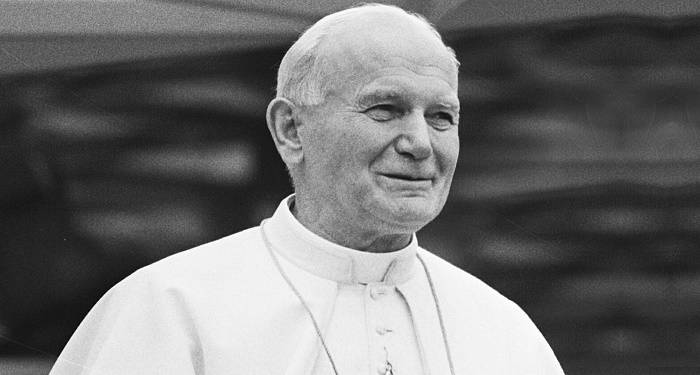
https://commons.wikimedia.org/wiki/File:JohannesPaulusSimonis1985.2_(cropped).jpg
While Karol Wojtyla was in his youth, Poland was occupied by the Nazis and he lived through the horrific times witnessing death from close quarters. The atrocities committed by the Gestapo against the Jewish instilled in him the desire to pursue the profession of a priest. He also helped Jews to escape from the clutches of Nazi persecution. While the war ended the grueling regime of Third Reich, governance in Poland moved from one seething abyss to another. The Catholic Church was continuously under the purview of the Communist regime. Despite the oppression, the young priest rose quickly among the ranks within the Church. Two years shy of forty, he was named the youngest bishop in the country. He was present at the Papal congregation responsible for re-assessing the practices followed in Catholicism. Following the demise of Pope John Paul VI and John Paul I, Wojtyla was named the bishop of Rome. He dispensed his duties without any bias and harbored progressive values.
12. Mikhail Gorbachev
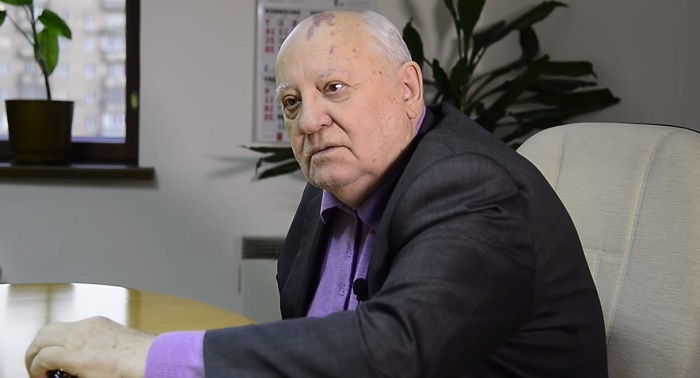
https://www.youtube.com/watch?v=9KGXHJyn7Us
Gorbachev was undoubtedly one of the most significant leaders of the late 1980sin the Soviet Union. He was affiliated with the Communist Party while studying at the Moscow University. He made a steady headway on the political ladder and by 1980 he became the youngest politburo member. Five years later when he donned the chair of General Secretary of the Communist Party, he proposed many reforms, the key of them being Perestroika or the economic reform policy and Glasnost or the political reform policy. Thus he paved way for democracy in the Soviet Union and Eastern Europe. The political bureaucrat also had a pivotal role to play in ending the Cold War and the disintegration of the Soviet Union. But his bold steps and growing reputation caused resentment among many and even attempts were made to assassinate him. Fortunately the coup was unsuccessful but it marked the end of Gorbachev’s political career in Russia. His efforts were however appreciated by the citizens of the world and he was awarded the Nobel Peace Prize.
13. Stephen Hawking
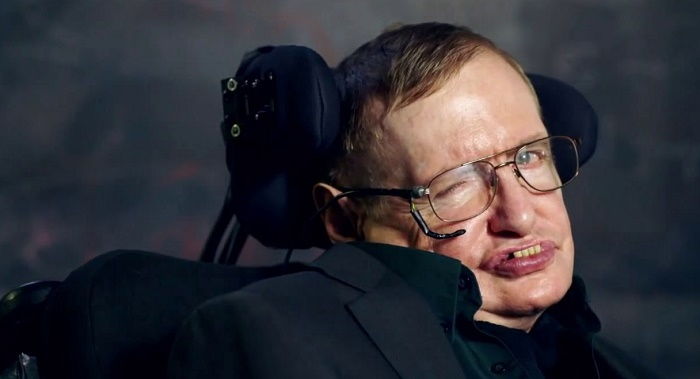
https://www.youtube.com/watch?v=wf4gBKk1Des
This eminent physicist who put forth a revolutionary idea which combined theory of relativity and quantum mechanics is also a popular science writer. Hawking has battled a motor-neuron disease for most of his life which has gradually resulted in paralysis. The scientist however zealously followed his passion for science and made path-breaking discoveries.
14. Thomas Edison
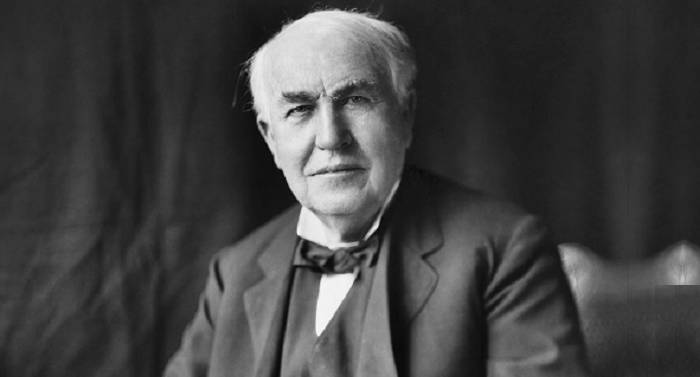
https://commons.wikimedia.org/wiki/File:Thomas_Edison2.jpg
When he succeeded in his hundredth attempt to make the world’s first filament bulb, Edison said he did not fail ninety nine times but rather learnt how not to a make a bulb in ninety nine ways. At one point of time this ingenious inventor was at the brink of being bankrupt as he lost his job after he accidentally spilled acid over his boss’s desk. Despite his impoverished conditions he never gave up his love for inventing things which was evident in the number of patents he owned.
15. Jesse Owens
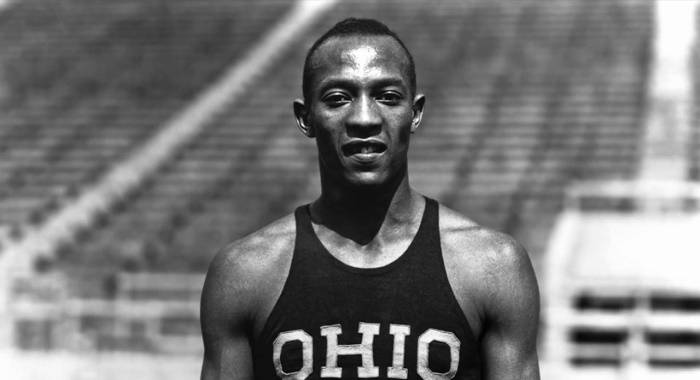
https://www.youtube.com/watch?v=zjLshS5KGI4
In a world that believed in racial supremacy of the Aryans and that the blacks belonged to an inferior race, Jesse Owens became an overnight star after winning gold at the Berlin Olympics. He single-handedly defied the baseless tradition that had caused unjust oppression of dark-skinned people in all strata of society. Despite hailing from a backward community his win in the 100m sprint heralded a new awakening among the masses.
16. J. K. Rowling
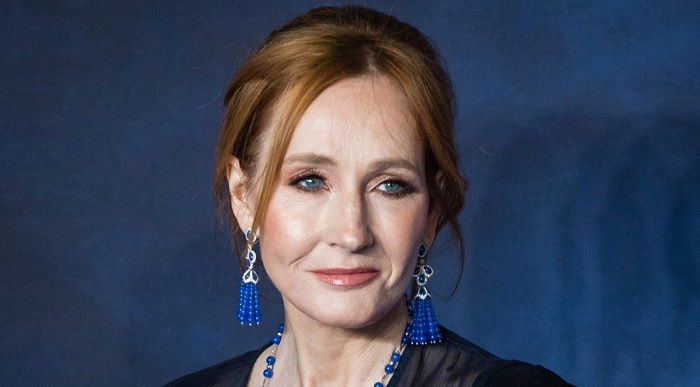
https://www.youtube.com/watch?v=i5_CRHHRhVs
The author of best-selling Harry Potter series, was rejected not once not twice but a dozen times before it was finally published. Had it not been for Rowling’s perseverance the world would not have a fun time boarding the Hogwart’s Express at platform no. 9 ¾. Apparently Rowling was also rejected when she donned the pen name Robert Galbraith for her book Cuckoo’s Calling.
17. Florence Nightingale
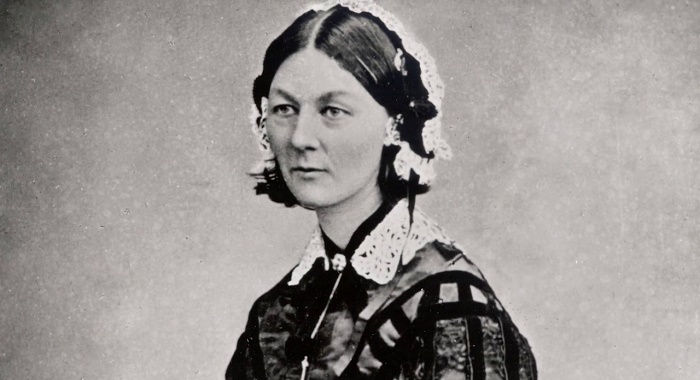
https://www.youtube.com/watch?v=w4WQyxBWcuw
The ‘Lady with the Lamp’ as many know her, Florence Nightingale worked for establishing nursing as a respected profession in the society. Apart from this she reformed the practices employed by nurses in those days thus bringing down the mortality rates. But her battle to elevate the status of nurses in society was not an easy task and she had to face opposition from many.
18. Elizabeth Fry
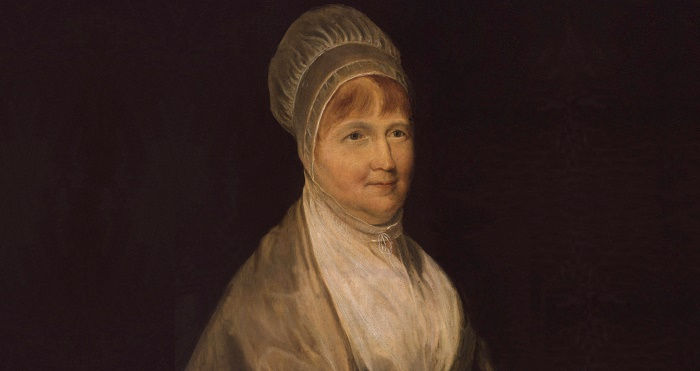
https://commons.wikimedia.org/wiki/File:Elizabeth_Fry_by_Charles_Robert_Leslie.jpg
Elizabeth Fry was a reformer who championed the cause of improving the conditions in the British prison. The British Quaker shone light on the unhygienic and uninhabitable conditions that the inmates had to endure. She also campaigned for providing shelter to the homeless and destitute in the society. Elizabeth believed only addressing the issues were not enough and would come up with practical solutions for the problems.
19. Malala Yousafzai
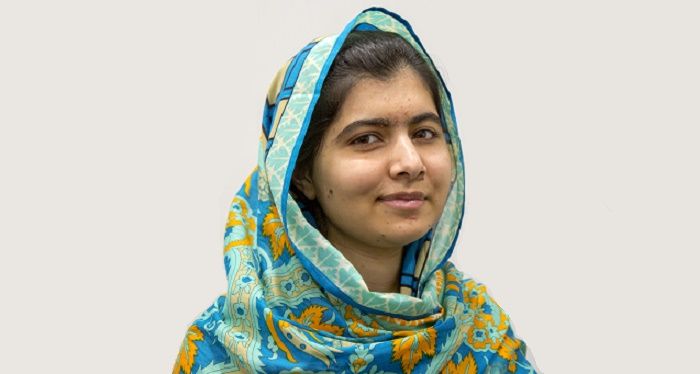
https://commons.wikimedia.org/wiki/File:Malala_Yousafzai_2015.jpg
The schoolgirl who was shot in the head by Taliban militants for what they termed as behavior inappropriate for women survived to tell her tale. Despite receiving threats on previous occasion Malala refused to budge from her path. Even after the near death experience she is inspiring thousands of girls across the globe to obtain education and make a better life for themselves. She was even awarded the Nobel Prize for Peace, making her one of the youngest recipients of the honor.
20. Abraham Lincoln
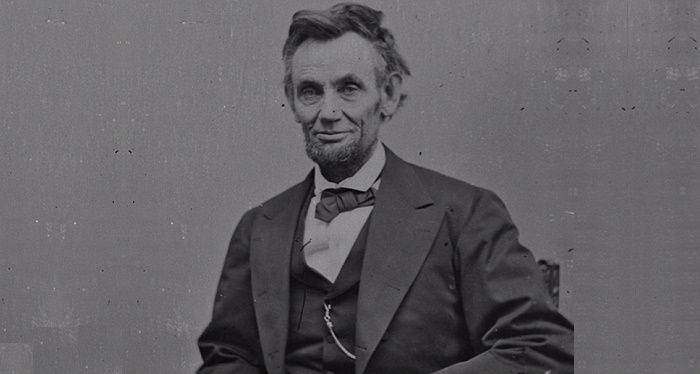
https://www.youtube.com/watch?v=FlTxHWO7DHM
While he was the United States president, the nation was embroiled in a Civil War. Abraham Lincoln is remembered as the one who abolished slavery in the country despite resistance from many. But what many do not know about this iconic leader is the fact that he battled the demons of depression for most part of his life. Despite the crisis in his personal life he stood up to the tests of time and showed immense prowess as a politician.


